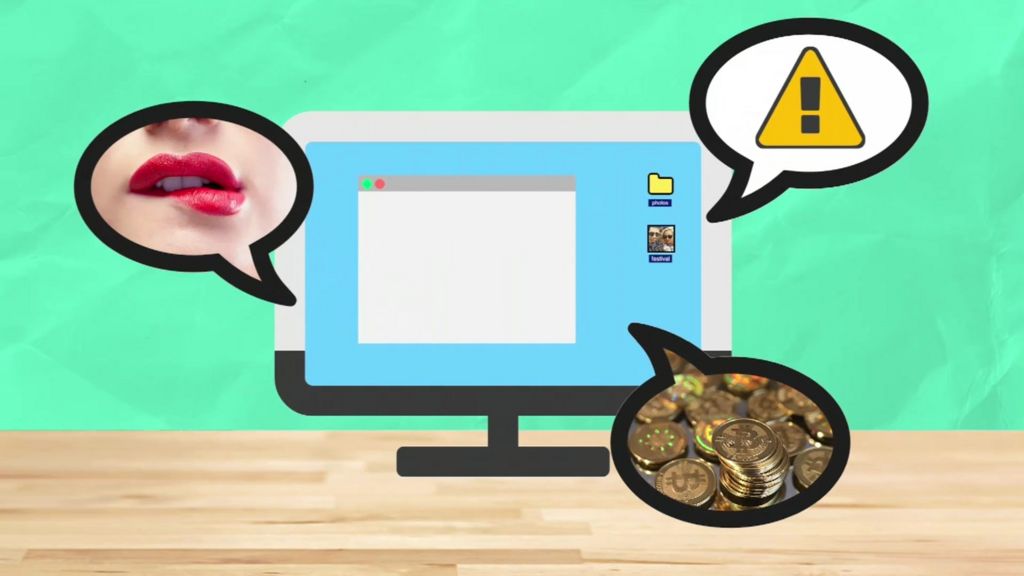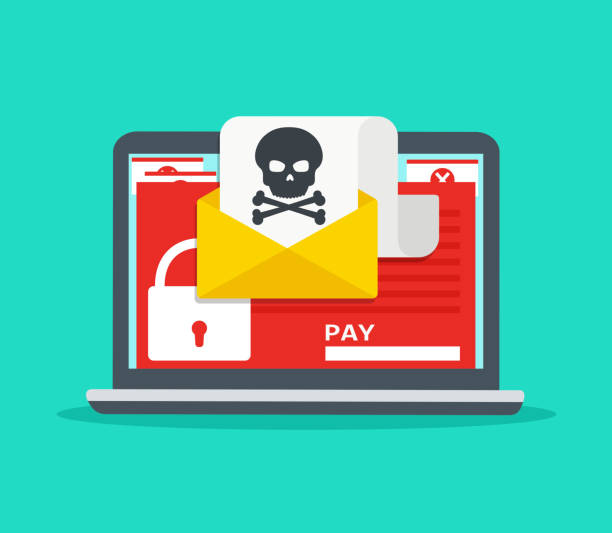

But Wardle said Apple usually quickly revokes certificates that end up in the wrong hands.
/cdn.vox-cdn.com/assets/1087137/java_logo_640.jpg)
Hackers could try to buy a developer's certificate from Apple, which costs $99, to digitally sign the ransomware so Gatekeeper wouldn't stop it. His expertise though is far beyond that of a ransomware writer, but there's an easier infection route. It basically helps save people from themselves if they are fooled, Wardle said.īut Wardle has found ways around Gatekeeper in the past through software flaws that are now patched by Apple. Patrick Wardle, an OS X security expert with Synack, said it is likely that if users encounter Mac ransomware, they would have to be tricked into running it, a kind of technique known as social engineering.Īpple uses a security technology called Gatekeeper that will block apps from running that aren't in its Mac App Store or are from identified developers.


Marques published a video showing how the malware works, but he didn't specify how a user would actually get infected, which is usually a much harder task than developing the malware. Victims reported losses of more than $18 million.įees to get the decryption key can range from a few hundred to thousands of dollars, and the cybercriminals behind the scams have been known to not release the key even if they're paid. The FBI said in June that it had received 992 complaints through its Internet Crime Complaint Center about the infamous Cryptowall ransomware over a one-year period. One theory that is becoming more popular as researchers keep analyzing the code was that ThiefQuest started out as a regular infostealer, but was later expanded into ransomware with a low-quality file-encryption module that ended up destroying user files.It's quite funny, but ransomware is no joke, and it has affected companies and consumers in devastating ways. This means that any victims who pay won't likely receive a decryption key to recover their files, as there is no way for the ThiefQuest group to say who paid and who didn't.Īll victims infected by this point should consider their data lost forever, unless researchers find a way to break the encryption and recover their files.Īt the time of writing, security researchers couldn't say for sure if ThiefQuest was created as a ransomware from the get-go, or if the ransomware module was added later, on top of another existing remote access trojan. Furthermore, researchers also noted that the ThiefQuest also doesn't include a method through which victims could contact the ransomware authors, or a method through which the malware authors could track payments.


 0 kommentar(er)
0 kommentar(er)
